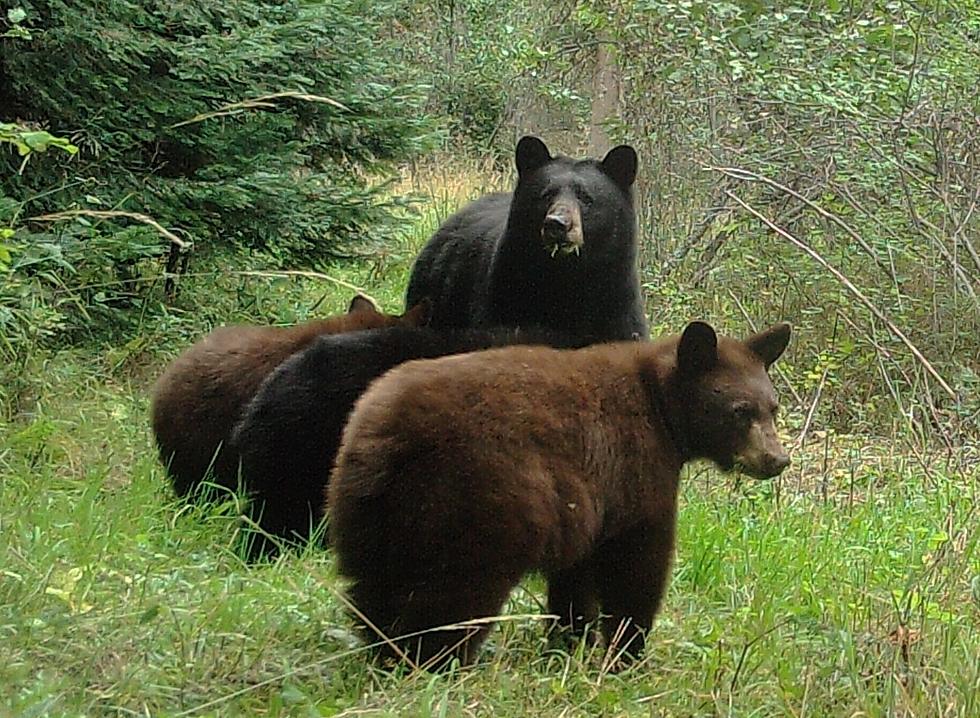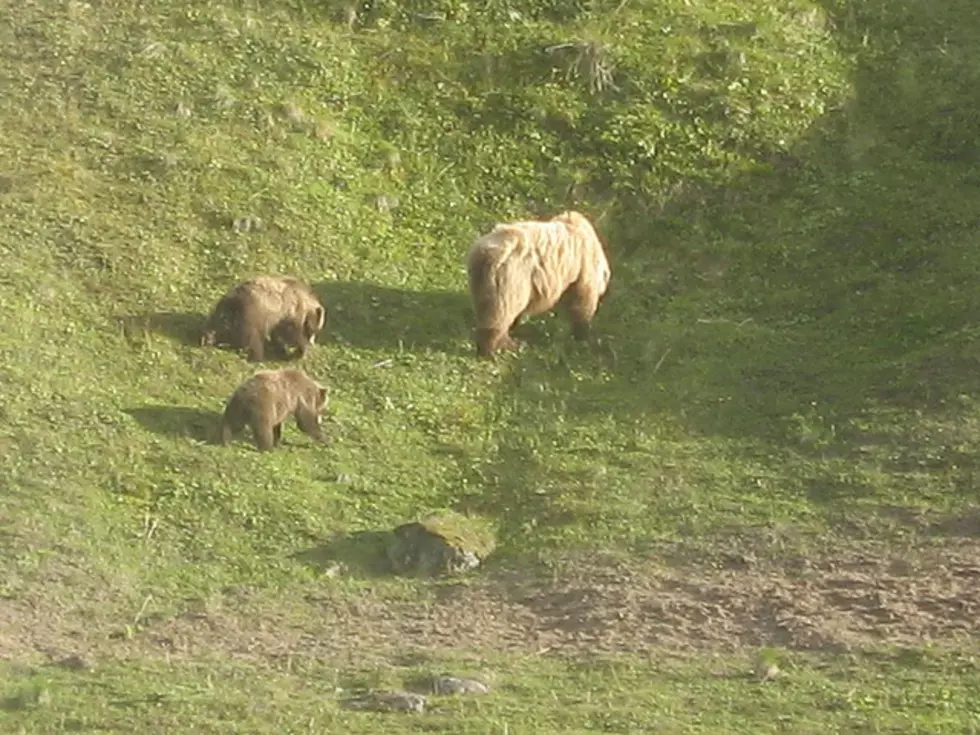
Two Young Grizzly Bears Were Euthanized Due to Food Conditioning
Montana Fish, Wildlife & Parks captured a pair of young grizzly bears near the north end of Whitefish Lake and removed the animals due to food conditioning, livestock depredation, and property damage. The yearlings were accompanying an adult female grizzly bear. FWP personnel captured the yearlings June 7 and held the bears onsite in an attempt to capture the adult female, but FWP Information and Education Program Manager Dillion Tabish says efforts were unsuccessful and the decision was made to humanely kill the yearlings.
“When we captured them, we had to put them down because they were food conditioned, which means they have lost their natural foraging habits,” Tabish said. “That poses a public safety threat and it is an unhealthy situation for the animals too. When they become food conditioned, they can’t really find food on their own in the wild anymore. They become habituated to being around people and looking for food around people. That is just unsafe.”
According to Tabish, it is really important that folks try to reduce conflicts with bears and the primary way to do that is reducing or securing food attractants.
“Bears live by their noses,” Tabish said. “They can smell food from over a mile away. Even a bird feeder is going to bring a bear into your property. If you leave your garbage out overnight, if you have chickens that are just hanging out free range or in an unsecured pen, that is going to bring a bear in. Those bears will try to find food early and often. As soon as they do find that food source, like a chicken coop, they are going to keep coming back until they have a negative association with it.”
Tabish encourages folks to use electric fencing on chicken coops. He says electric fencing is very effective because bears typically won’t return to that area once they have been zapped. So far in 2019, there have been 16 grizzly bear mortalities in the Northern Continental Divide Ecosystem.
More From Newstalk KGVO 1290 AM & 98.3 FM









